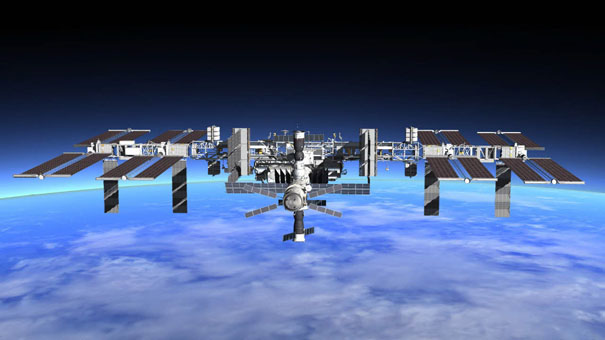Dr. Kathleen Morse, founder of Advanced Materials Applications, LLC (AMA) and CASIS sponsored principal investigator, is to speak at this weekend’s Citizen Astronaut and Space Hacker Workshop.
She will speak on AMA’s plans to evaluate the performance of Gumstix™ system on a chip in ground based and space based radiation studies. Ground based radiation studies will take place at Crocker Nuclear Labs from July to December of this year. Space based studies will occur on an external module of the International Space Station.
The ground and space based radiation studies of the Gumstix™ module will be the first published studies of its kind. This will be an initial and an important first step to integrate this powerful system on a chip technology into future radiation tolerant computers.
A copy of the slides is provided below.


